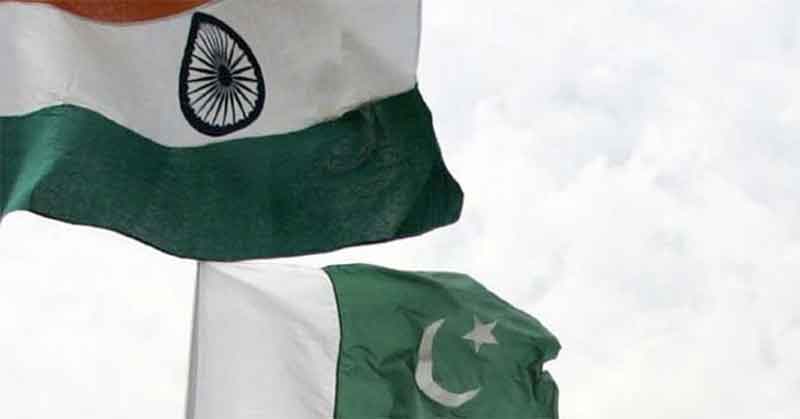
Following the Pahalgam attack, there has been an increase in online calls for sexual violence against Kashmiri Muslim women, demonstrating the pervasiveness of Islamophobic patriarchy and hyper-nationalist jingoism in India’s digital space. According to Maktoob Media, a Twitter user from Uttarakhand using the handle @nortjesznn wrote a seemingly sympathetic message offering safety to Kashmiri girls in Delhi, adding, “Any Kashmiri girl feeling threatened in Delhi can come to my house at night.” You will be safe and well-hosted.” However, this message rapidly took a grim turn when he tweeted, “But I can’t guarantee if she will be alive after spending a night with me,” while also addressing Hijabi ladies, proclaiming, “Hijabis are my priority.”
There are other incidents like this one. Many social media accounts post pornographic images of hijab-wearing women with provocative remarks, portraying Muslim women as objects to be brutally raped, according to Hindutva Watch. Images of real Muslim women taken from their own social media accounts are frequently used by these accounts, further infringing on their privacy and dignity. Such harsh discourse has becoming more commonplace, which is indicative of a larger social problem. Tanika Sarkar, a historian, argues that Hindutva supremacists intentionally and specifically target Muslim women in order to exact revenge for historical atrocities against Muslims and to construct an image of the “Self” and the “Other.” Should a law addressing sexual abuse against Muslim women be passed soon? –
These digital hate campaigns are not merely virtual; they mirror real-life hate campaigns and have deadly results. For instance, following the revocation of Jammu and Kashmir’s special status in 2019, Haryana Chief Minister Manohar Lal Khattar “joked” about getting girls from Kashmir, reflecting the objectification of Kashmiri women. ([Unchecked Tsunami Of Online Sexual Violence By Hindu Right Against India’s Muslim Women –
The Intersectionality of gender, religion, and nationalism in these instances underscores the urgent need for comprehensive legal frameworks and societal reforms to protect marginalized communities, particularly Muslim women, from such targeted violence and hate speech.
The convergence alliance of Islamophobic patriarchy and jingoistic fervor represents not only a deepening of systemic misogyny but also a strategic deployment of gendered violence as a tool of majoritarian dominance. The digital vitriol directed at Kashmiri Muslim women illustrates how nationalist discourse weaponizes the female body to enforce ideological purity and communal subjugation. In these moments, Muslim women are doubly marginalized—first by patriarchal structures and second by ethno-religious nationalism. To dismantle this axis of oppression, it is imperative to approach digital violence not merely as sporadic hate speech but as an extension of structural Islamophobia deeply embedded in state and societal imaginaries. This necessitates intersectional resistance that challenges both patriarchal domination and the aggressive militarization of national identity, reaffirming the human dignity and autonomy of marginalized women against the tide of hate.
Subscribe to Our Newsletter
Get the latest CounterCurrents updates delivered straight to your inbox.
Syed Wajahat Ali is a gender scholar, educator, and independent researcher specializing in intersectionality, digital cultures, and minority rights in India. With a Master’s degree in Gender studies and political science, his research explores the intersections of gender, religion, and online hate, particularly focusing on Muslim women. His M.A. dissertation, *Cyber Violence against Muslim Women in India: An Intersectionality Approach*, has been recognized for its critical engagement with digital patriarchy. He has worked with the Centre for Women’s Development Studies as a field investigator and writes regularly on issues of gender justice, secularism, and social media. Ali is also an experienced educator and passionate social activist.














































